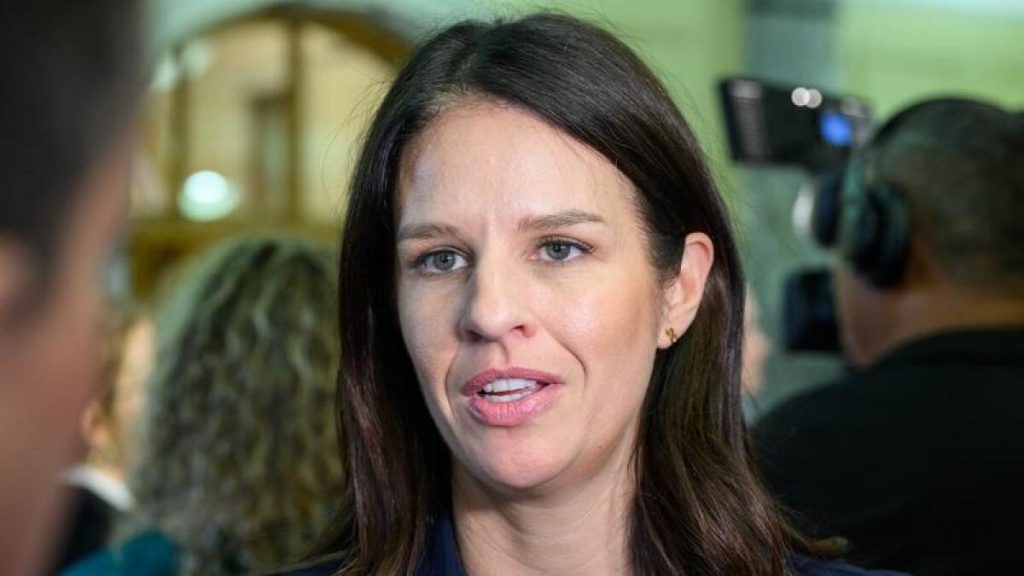The New Zealand government has announced changes to its migrant investor visa rules to attract more foreign investment. The changes will apply to the Active Investor Plus (AIP) visa, which allows wealthy individuals to gain residency by investing in the country. At present, applicants must have at least $15 million or a weighted equivalent in assets or funds. However, from April 1, the government will introduce two new investment categories to make the process easier. The Growth Category will require a minimum investment of $5 million for at least three years and will focus on higher-risk investments like direct business investments and managed funds. The Balanced Category will require a minimum investment of $10 million over five years and will include mixed investments such as bonds, listed equities, new property developments, philanthropy, and direct business investments.
Economic Growth Minister Nicola Willis said the changes will help attract more investors, create jobs, and grow the economy. She noted that since 2022, investors under the AIP visa have only put $70 million into the country, compared to $2.2 billion in the two years before the COVID-19 pandemic. She believes that New Zealand should be welcoming investor migrants who want to contribute positively to the economy.
The government is also planning to make it easier for remote workers, known as digital nomads, to visit the country. This includes professionals such as IT specialists and influencers who work for overseas companies but want to live temporarily in New Zealand. Willis said the country must stay competitive in the global market, as capital moves quickly, and making the visa process simpler will help boost the economy.
Labour’s immigration spokesperson, Phil Twyford, has criticized the plan, saying that it weakens the economic benefits of the investor visa. He argued that allowing wealthy individuals to buy residency through passive investments like property does not help job creation or long-term economic development. He also raised concerns about removing the English language test for investors while keeping it for other migrants, saying it is unfair. Twyford also pointed out that unemployment in New Zealand is currently high and questioned why the government is focusing on wealthy migrants instead of helping local job seekers.

